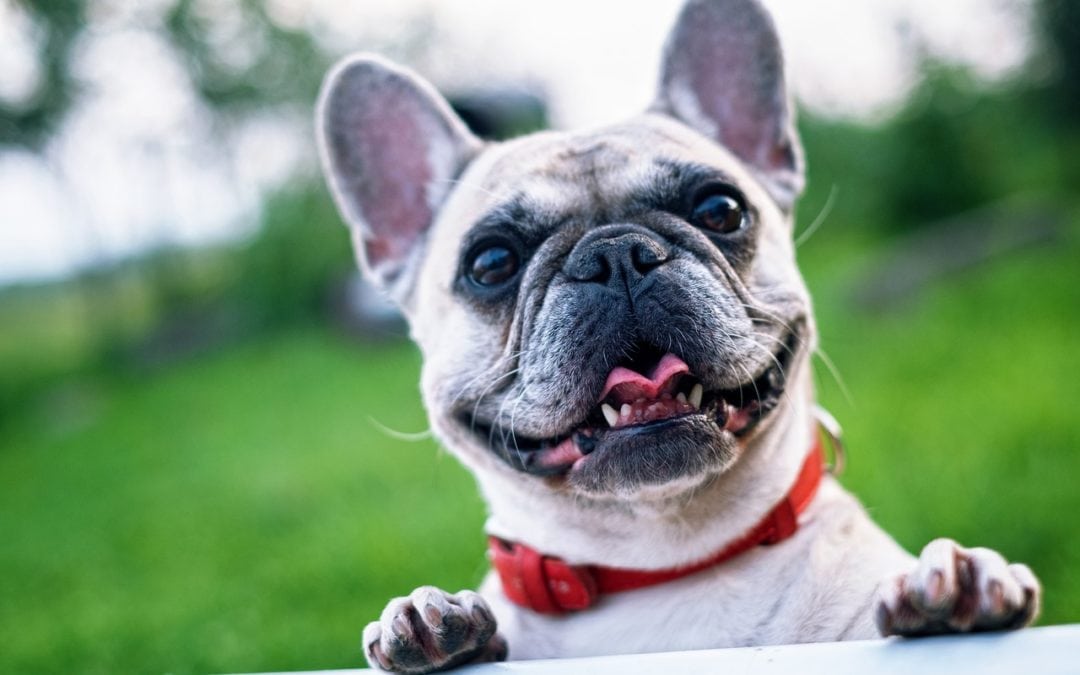By Kim Vanderholm
As temperatures rise, it’s important to be aware of your dog’s hydration levels. Water is crucial for regulating body temperature and healthy food digestion. People often underestimate the amount of water their dog needs in a day. According to petMD*, dogs need to drink one ounce per pound of dog weight per day. So, a 25-pound dog needs at least 25 ounces of water in a 24-hour period.
If you suspect your dog could be dehydrated, lift up the skin on the back of the neck and see how quickly it falls back into place to test skin elasticity. If it falls into place slowly, your dog could be dehydrated. Other signs of dehydration are pale and dry gums, a dry nose, thick saliva and sunken eyes. A severely dehydrated dog will collapse and their organs will begin to slowly shut down.
Some tips to keep in mind:
- Always keep a pop-up water bowl for your dog and bottles of water in your car and on walks in case your dog gets thirsty while on the road.
- Let your dog rest frequently during walks in warm weather.
- If your dog has been sick with vomiting or diarrhea they are more prone to dehydration and their regular water intake needs to be increased. Dogs nursing a litter will need to drink more water than is usual in a day. Geriatric patients are predisposed to dehydration.
- Feed your dog nourishing wet food in addition to dry food.
- Cool down an overheated dog slowly by placing a cloth soaked in cool or lukewarm water on their chest, their pads or over their entire body and if possible use a portable fan to blow cool air on the dog. Cooling too quickly can cause the blood vessels on the skin to constrict which will slow down central body cooling.
- Offer ice cubes to your dog. Some dogs enjoy licking and playing with ice cubes rather than just drinking water out of a bowl. Your dog’s water bowl should never be empty and should be refilled multiple times per day.
- This should go without saying, but NEVER leave your dog in the car with the windows closed even for a few minutes. Luckily, states (including Colorado) are now passing laws to protect good Samaritans from prosecution when they smash car windows to rescue dogs in hot cars.
If you suspect your dog is suffering from severe hydration, see a veterinarian immediately. Treatment at a vet’s office will include an intravenous or subcutaneous drip of fluids.
*petMD, “Dehydration in Dogs”


